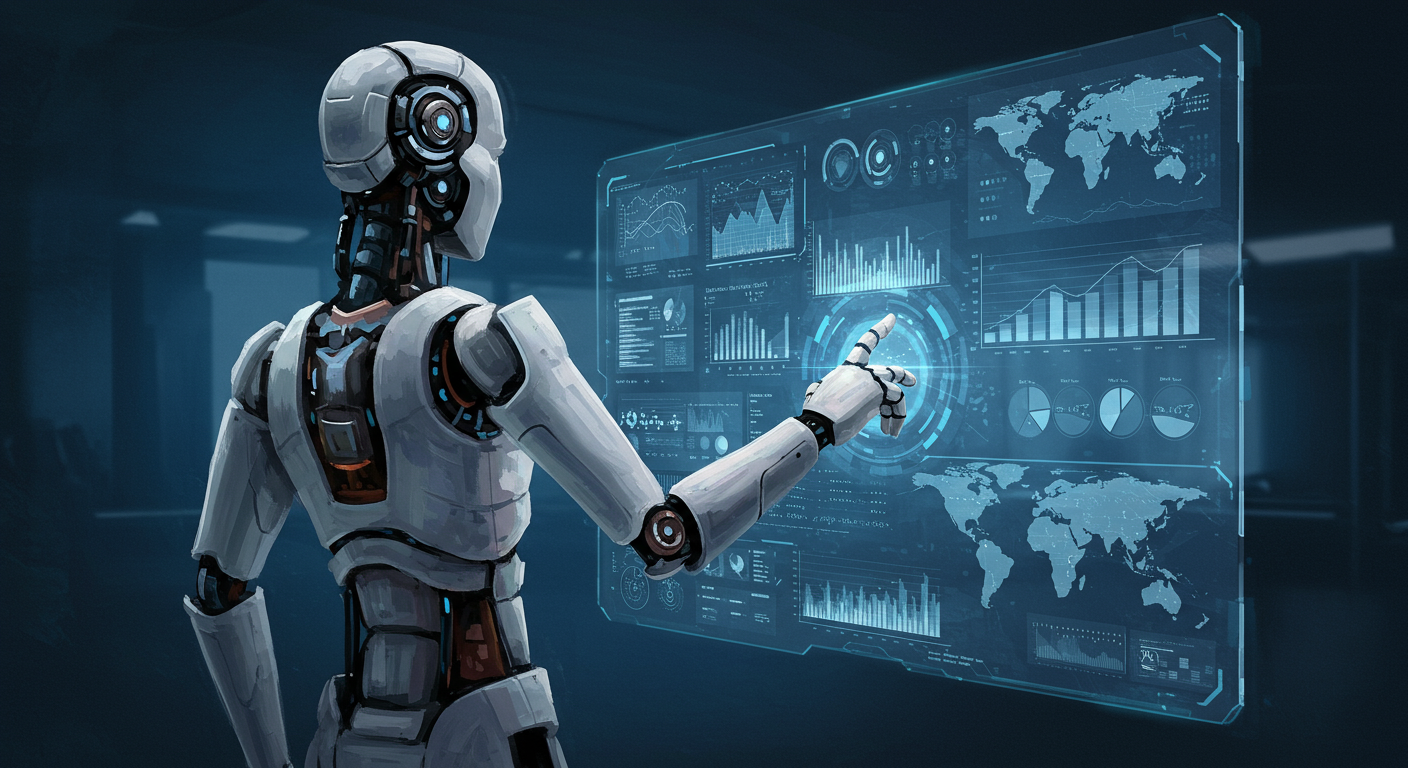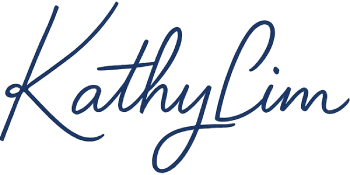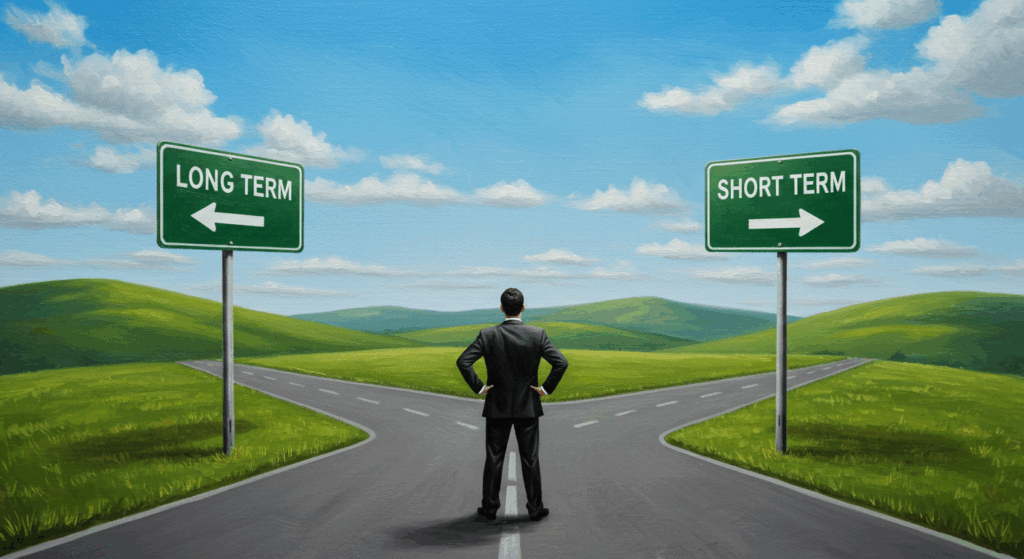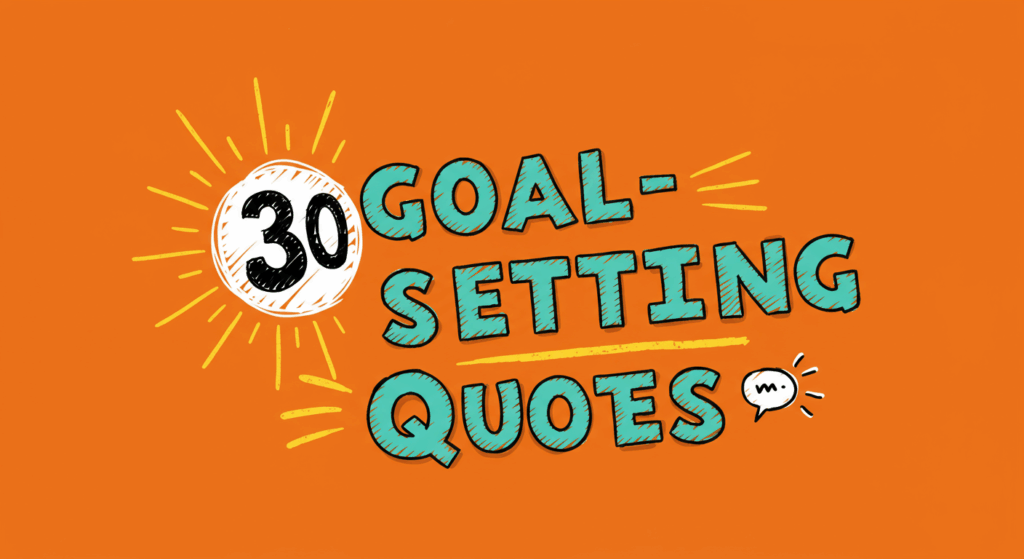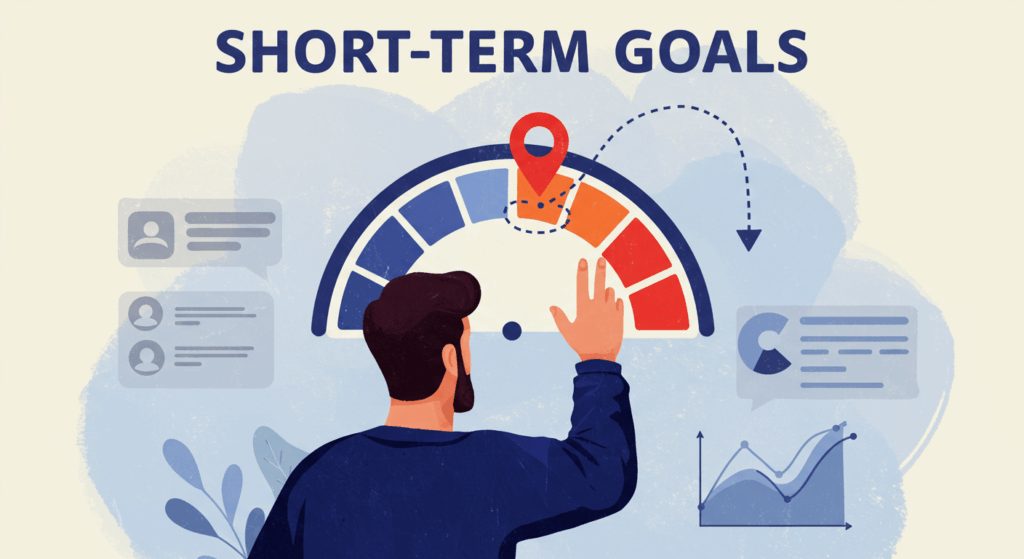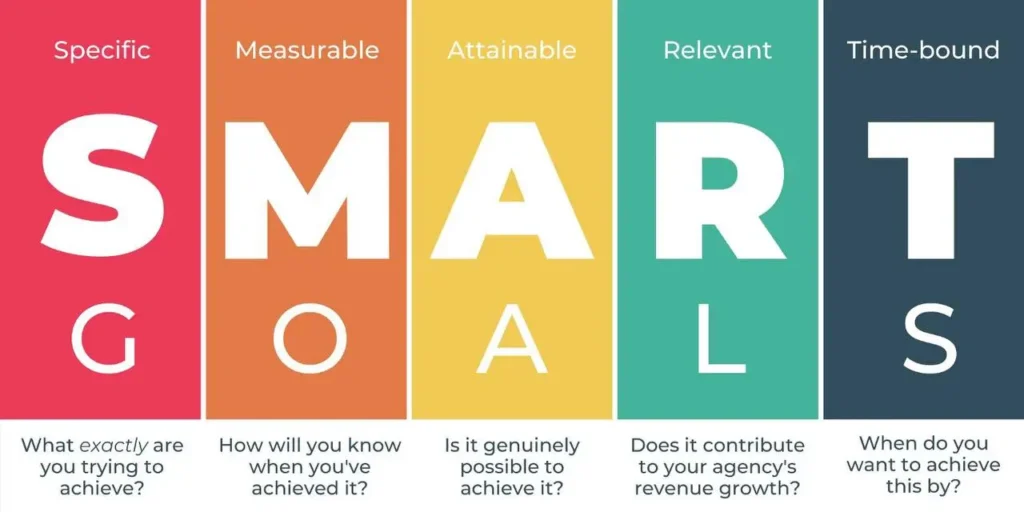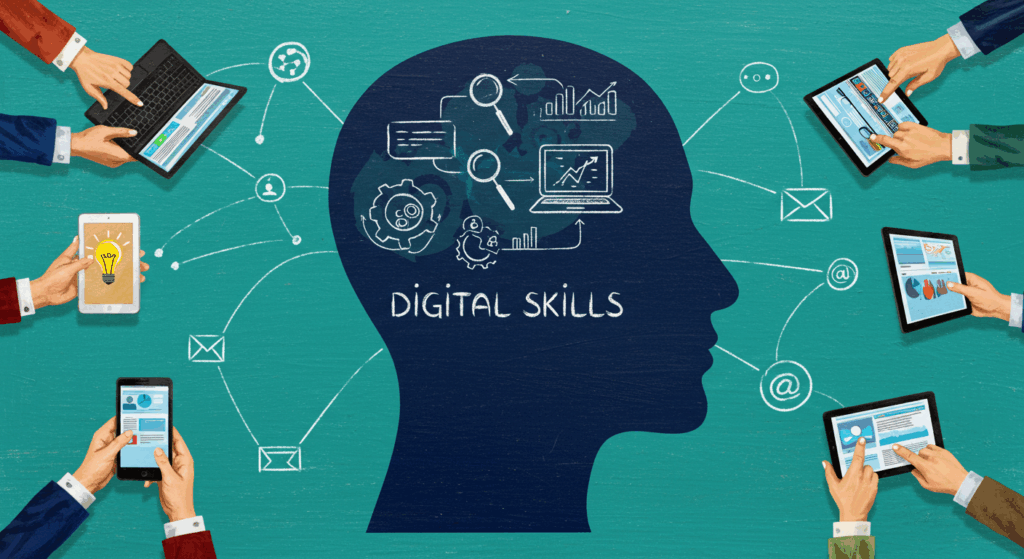We’re living through something pretty wild right now. AI isn’t just some distant sci-fi fantasy anymore; it’s here, it’s real, and honestly? It’s changing everything about how we work. I’ve been diving deep into this topic lately, and I wanted to share what I’ve learned because, let’s face it, we’re all wondering the same thing: what does this mean for our careers?
You know that feeling when you’re scrolling through your feed and every other post is about ChatGPT or some new AI tool? Yeah, that’s not just hype. This stuff is actually happening, and it’s happening fast. But here’s the thng – it’s not all doom and gloom like some people make it out to be.
The Real Talk About AI Taking Jobs
Okay, so let’s address the elephant in the room. 40% of employers expect to reduce their workforce where AI can automate tasks, according to recent research. That’s… not exactly comforting, right? And some experts are saying that AI could eliminate half of entry-level white-collar jobs within the next five years.
But before you start panicking (and trust me, I had my moments too), let’s dig a bit deeper. The thing is, it could replace a quarter of work tasks in the US and Europe but may also mean new jobs and a productivity boom. So we’re talking about task replacement, not necessarily complete job elimination in every case.
I mean, think about it – when was the last time you saw a elevator operator? Or a telephone switchboard operator? Technology has always changed the job landscape. The difference now is the speed and scale of change. It’s happening so much faster than previous technological shifts.
Which Jobs Are Actually At Risk?
From what I’ve been reading, it really comes down to data availability and task repetition. The availability of data is what defines which industries are most disrupted by AI. Makes sense, right? AI needs data to learn from.
The jobs getting hit hardest tend to be the ones that involve:
- Routine data processing
- Pattern recognition tasks
- Basic customer service interactions
- Simple content creation
- Data entry and analysis
Translators, historians, and writers are among the roles with the highest AI applicability score, which honestly surprised me a bit. I always thought creative work would be safer, but here we are.
Customer service is getting particularly disrupted. AI chatbots handle more customer interactions, reducing the need for human representatives. I’m sure you’ve noticed this yourself – when’s the last time you actually spoke to a human when you called customer service for something simple?
The Bright Side: Jobs AI Is Actually Creating
Here’s where things get interesting, though. While AI is automating some roles, it’s creating entirely new categories of work. Demand for roles driven by technological advancements such as artificial intelligence (AI) is quickly increasing. These jobs include big data specialists, fintech engineers and AI and machine learning specialists.
The job market is literally expanding in directions we couldn’t even imagine a few years ago. The United States continues to dominate the AI job market in the Technology sector, accounting for 29.4% of all new AI job postings globally—a sihnificant 18.8% increase year over year.
The Hot New AI Careers Everyone’s Talking About
So what are these new jobs exactly? Well, from ethical AI specialists to marketing strategists and machine learning engineers, these AI jobs offer the chance to work at the forefront of technology while building a rewarding career.
AI Specialists and Engineers This one’s pretty obvious, right? Someone needs to build and maintain these AI systems. Machine learning engineers are basically the architects of the AI world.
AI Ethics Officers This is fascinating to me – companies are realizing they need people whose entire job is making sure AI is being used responsibly. It’s like having a moral compass for artificial intelligence.
AI Trainers and Explainers These folks teach AI systems and also help humans understand what the AI is doing. It’s bridging the gap between human and machine intelligence.
Data Scientists and Analysts The demand for people who can make sense of massive amounts of data is through the roof. AI needs good data to work properly, and humans are still way better at understanding context and nuance.
Jobs That Are Surprisingly Safe (For Now)
You know what’s interesting? Some jobs seem almost AI-proof, at least for the foreseeable future. Hairdressers, cosmetologists, personal trainers, and coaches are among the careers least likely to be affected.
It makes total sense when you think about it. These positions necessitate navigating complex human relationships, resolving conflicts, and making personnel decisions based not only on data but also on understanding people’s motivations and feelings.
Healthcare is another area where humans remain essential. Nurse practitioners are projected to grow the most, with an estimated increase of 45.7% by 2032. People still want people caring for them, you know?
Skilled trades are holding up well too. Try getting an AI to fix your plumbing or rewire your house. Good luck with that!
The Skills That Actually Matter Now
Here’s what I’ve learned about staying relevant: Deep knowledge of one aspect of AI is more valuable than shallow understanding across multiple areas. Specialists are beating generalists right now.
But it’s not just about technical skills. The jobs that are thriving combine technical capabilities with human judgment and business understanding. It’s about being the bridge between what AI can do and what humans need.
Soft Skills Are Your Secret Weapon
I can’t stress this enough – the human skills are becoming more valuable, not less. Things like:
- Critical thinking and problem-solving
- Emotional intelligence
- Creative thinking
- Complex communication
- Ethical reasoning
AI might be able to write code or analyze data, but it can’t read a room, understand office politics, or provide genuine empathy to a stressed customer.
How Fast Is This Actually Happening?
The pace of change is honestly kind of wild. Faster skill change in AI-exposed jobs up from 25% last year. Change is fastest in automatable jobs. We’re talking about skills becoming outdated within months, not years.
But here’s the thing – 86% of Survey respondents expecting these technologies to transform their business by 2030. So we’ve got about five years to adapt and figure this out.
The timeline isn’t uniform across industries either. Industries are increasing AI usage including industries less obviously exposed to AI such as mining and agriculture. Even sectors that seem traditional are getting disrupted.
What This Means for Your Career Right Now
Look, I’m not going to sugarcoat this – the job market is changing faster than most of us are comfortable with. But I also don’t think we should panic. The key is staying informed and being adaptable.
If you’re in a role that’s heavily based on routiine tasks or data processing, it might be time to start thinking about how you can add more human value to your work. Can you become the person who interprets AI insights for your team? Can you focus more on strategy and less on execution?
For those just starting their careers, consider roles that combine AI capabilities with human insight. In 2025, an AI agent can converse with a customer and plan the actions it will take afterward—for example, processing a payment, checking for fraud, and completing a shipping action, but someone still needs to design those systems and handle the complex cases.
The Bottom Line
We’re living through a massive shift in how work gets done, and honestly? It’s both exciting and terrifying. But every technological revolution has created new opportunities alongside the disruption.
The companies and individuals who are thriving right now aren’t the ones fighting against AI – they’re the ones figuring out how to work with it. They’re using AI to handle the routine stuff so they can focus on the uniquely human work that still needs doing.
To be honest, I think we’re going to see a lot more hybrid roles emerge – jobs where humans and AI work together, each doing what they do best. The future probably isn’t humans versus machines; it’s humans with machines versus humans without them.
The most important thing? Stay curious, keep learning, and don’t be afraid to experiment with AI tools in your current role. The people who get comfortable with this technology now are going to have a huge advantage as the job market continues to evolve.
What do you think? Are you feeling optimistic or worried about these changes? Either way, the best thing we can do is stay informed and keep adapting. That’s just the world we live in now – and you know what? We’ve adapted to big changes before, and we’ll figure this one out too.

